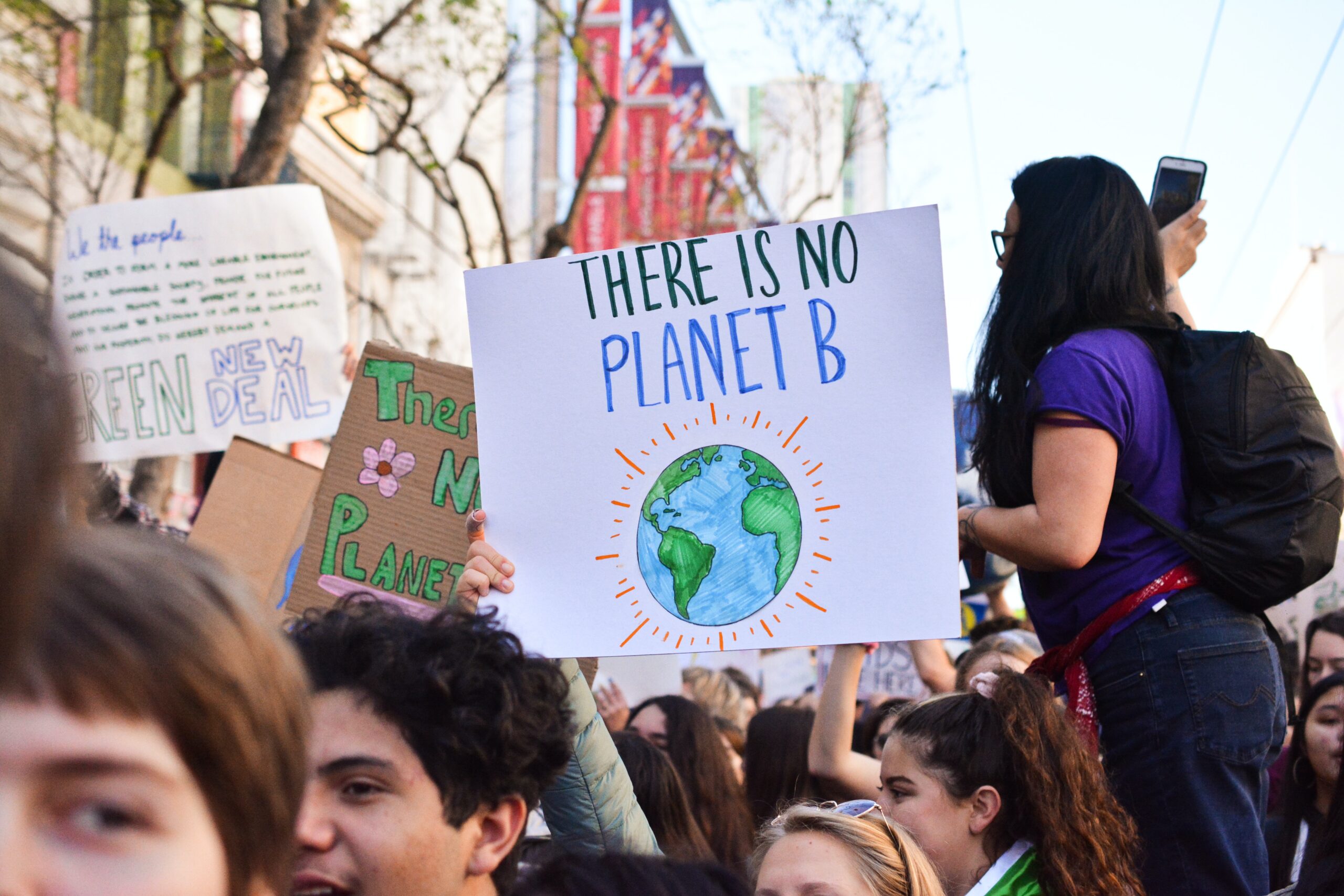Want to lower your carbon footprint? The Archdiocese now has a plan for that
With the 2022 United Nations Climate Change Conference (COP27) coming to a close last week — and the Council on Foreign Relations reporting another year with record-breaking floods, deadly heat waves, and other extreme weather events on top of a global energy crisis – the Archdiocese of Newark’s Environmental Justice Task Force has released its own plan to guide parishioners on how they can help the planet.
“Laudato Si’ — On the Care of Our Common Home: Actions for the Archdiocese of Newark” is a localized version of Pope Francis’ own “Laudato Si’” environmental encyclical, which states that it is a Christian duty “towards nature and the Creator” to care for the earth. While Pope Francis’ document suggests simple practices that can make a big difference, the task force’s plan goes a bit further. It contains seven goals with a menu of actions that individuals, families, parishes, and businesses can do to lower their carbon footprint and “care for our common home,” as Pope Francis requested. For instance, to achieve Goal 1: Response to the Cry of the Earth, people can install solar panels, compost, fix a leaky faucet, or pursue 13 other options.
The action plan has a menu of options under seven goals: 1. Response to Cry of the Earth; 2. Response to Cry of the Poor/Vulnerable; 3. Support Ecological Education; 4. Change to a more Sustainable Lifestyle; 5. Provide Ecological Education; 6. Practice Ecological Spirituality; 7. Participation in Community Involvement and Participatory Action. The full list of goals and actions can be read here.
“We are very excited to see how parishes and parishioners of the Archdiocese will implement the ‘Laudato Si’’ action plan,” said Father Timothy Graff, director of the archdiocesan Social Concerns Office, which oversees the Environmental Justice Task Force. “It allows all of us to respond to our Holy Father’s call to care for our common home.”
Because the Environmental Justice Task Force recognized that manpower and finances vary among individuals and organizations, it categorized each recommended action in the plan as “easy,” “moderate,” or “advanced” so everyone can effortlessly identify which options are within their means. And although the action plan calls the spiritual work of reversing the threat of global climate change and environmental degradation “difficult,” it states that everyone is encouraged to go as far as they can in implementing “Laudato Si.’”
The goal – according to Gerry Dalzell, co-chair of the Environmental Justice Task Force – is to get everyone in the Archdiocese to be part of the solution to the climate change crisis.
“Climate change is real,” Dalzell said. “Resources are finite. Droughts, wildfires, and floods all exact a price on us. And we can all address these, individually or collectively.”
The task force acknowledges that not everyone will face the same challenges in combating climate change. That is because the populated urban counties of Bergen, Essex, Hudson, and Union that make up the Newark Archdiocese have a highly unique biodiversity. For example, the Meadowlands, which span Bergen and Hudson, is the largest brackish estuary in the New York-New Jersey area and among the largest in the northeastern United States. Studies show that more than 275 species of plants, 115 species of invertebrates, 45 species of fish, 25 species of amphibians and reptiles, 332 species of birds, and 24 species of mammals all use the Meadowlands. Yet, over the last 150 years, industry and development have filled in well over half of the area’s original 21,000 acres, polluting its lands and waters. Invasive exotic species, environmental contaminants, and water quality are critical challenges confronting the successful restoration of the Meadowlands ecosystem today, according to the report
The action plan is intended to help people and organizations support their local environment, no matter what it is like.
“Not every parish faces the same challenges or opportunities,” Dalzell said. “An urban parish in Newark is fighting to keep a new incinerator from being built. A suburban parish, with lots of lands, grows a garden and contributes the food they grow to a soup kitchen.”
Shortly after the Pope published his encyclical, Cardinal Joseph W. Tobin, C.Ss.R., Archbishop of Indianapolis at the time, said, “By the power of God’s grace, we are called to restore all creation to its original dignity.” Some may fear doing so will attack people’s economic values and way of life, but the action plan says that will not occur, pointing out that Pope Francis said in “Laudato Si’” that business can be a “fruitful source of prosperity for the areas in which it operates, especially if it sees the creation of jobs as an essential part of its service to the common good.”
The action plan also reminds readers that Pope Francis asked everyone to look inside themselves and have a dialogue with others to “lead us toward a future in which all people can prosper personally and economically in harmony with the gifts God has given us in nature.”
The Environmental Justice Task Force has sought to achieve this mission since its creation in 2019. Since then, the task force has taught parishes and parishioners how they can reduce their carbon footprint. Task force members have been involved in lobbying for the Essex-Hudson Greenway — a nine-mile linear park — and the planting of half a dozen community gardens that are filling food banks, among many other initiatives.
To learn more about the Environmental Justice Task Force and its action plan, visit www.rcan.org/environmental-justice-task-force.
Featured photo: Li-An Lim via Unsplash.


